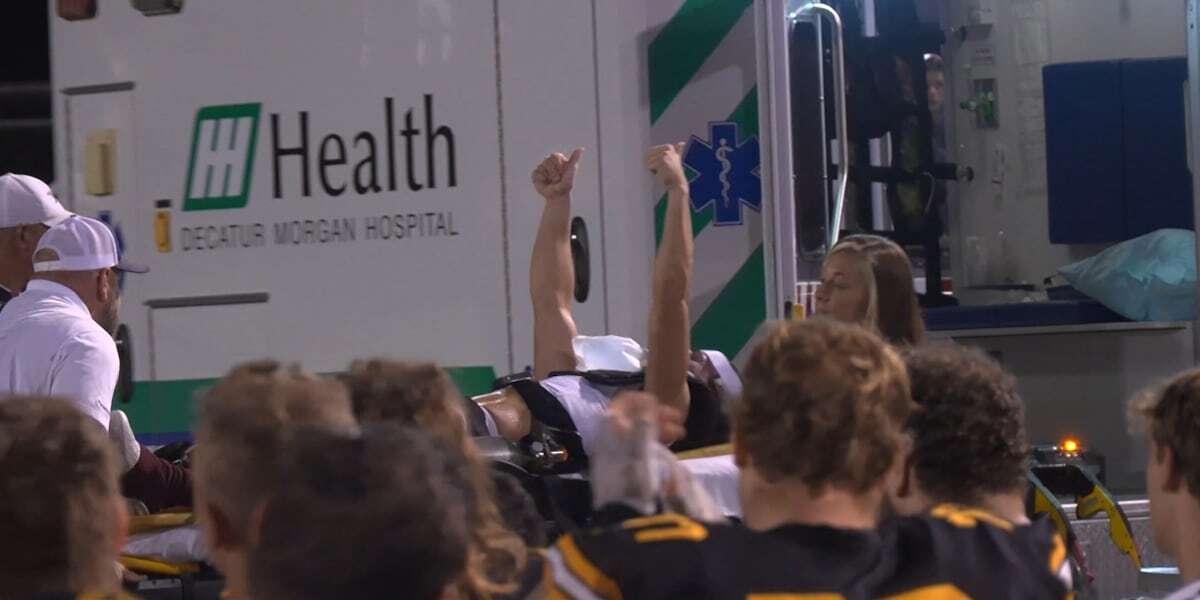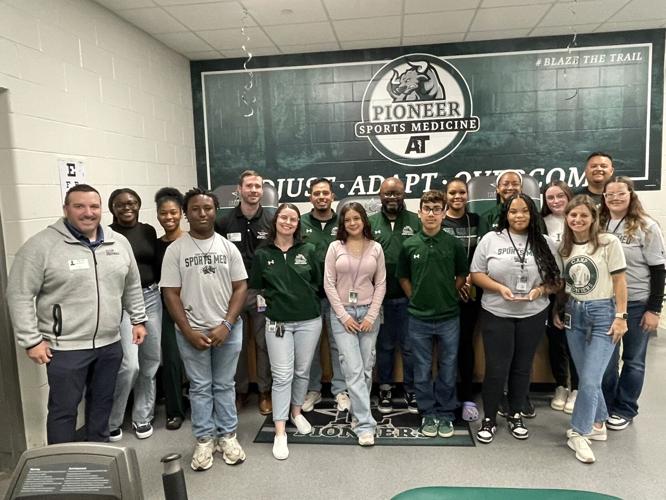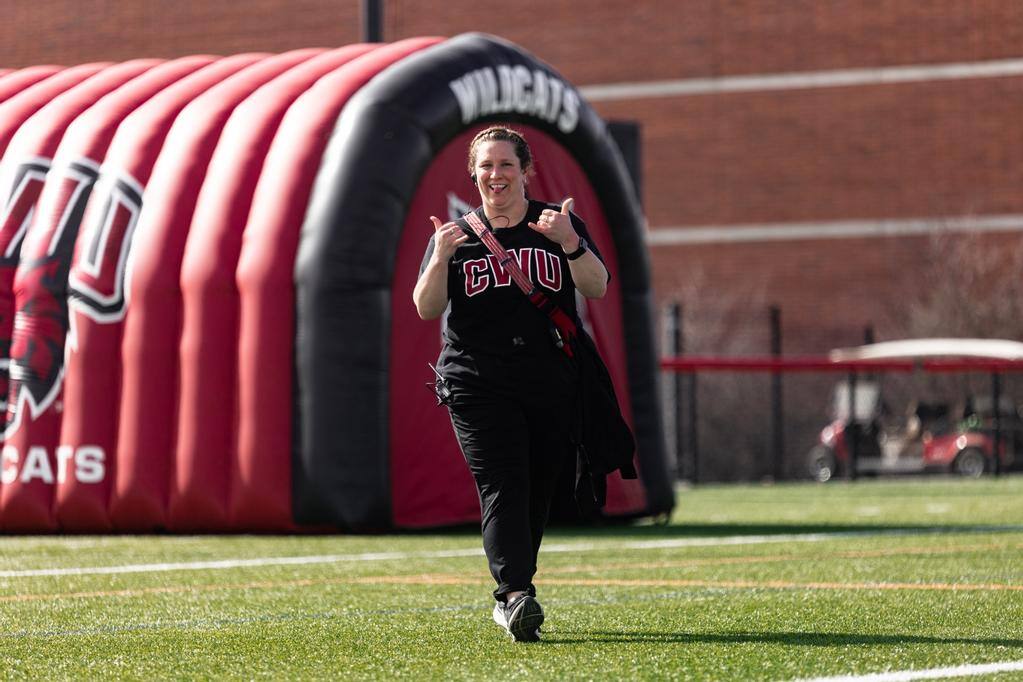ATs Help Bethel Univ Students Recover But Also Cope with Injuries
 Sophomore running back David Geebli and outside hitter Grace Solberg of Bethel University both faced season-ending injuries in 2023, highlighting the unpredictability and emotional toll of sports injuries. But they have several amazing Athletic Trainers at their sides, who are helping them recover and return to play.
Sophomore running back David Geebli and outside hitter Grace Solberg of Bethel University both faced season-ending injuries in 2023, highlighting the unpredictability and emotional toll of sports injuries. But they have several amazing Athletic Trainers at their sides, who are helping them recover and return to play.
During Bethel’s first home football game against Wartburg College on September 9, Geebli suffered a broken fibula after being tackled. This injury, occurring just one minute and 21 seconds before halftime, marked a devastating end to his season.
Similarly, Solberg experienced a severe ACL tear during the volleyball team’s season opener against the University of Northwestern.
These incidents underscore the inherent risks in competitive sports, despite the efforts of athletes and ATs to prevent these occurrences.
Both athletes recalled the moment of their injuries with vivid detail, emphasizing the immediate understanding of the severity of their situations.
Geebli remembered the pain and dislocation of his ankle, while Solberg described the audible snap of her ACL. These injuries not only halted their physical participation in the season but also introduced significant mental and emotional challenges.
The role of Bethel’s Athletic Trainers, hired from Twin Cities Orthopedics, became crucial in these moments.
 Justin Byers and Amy Reimer provided immediate medical assistance, while others like Annie Hinnenkamp focused on the broader aspects of athlete health, including injury prevention and mental well-being.
Justin Byers and Amy Reimer provided immediate medical assistance, while others like Annie Hinnenkamp focused on the broader aspects of athlete health, including injury prevention and mental well-being.
Hinnenkamp, working with men's soccer, hockey, and golf teams, emphasized the importance of maintaining a healthy team for overall success. Her approach included integrating injured athletes into team activities, such as rehabilitation in the weight room, to maintain their sense of belonging and mental health.
The mental impact of such injuries is profound. Geebli and Solberg both expressed feelings of isolation and disconnection from their teams, despite the support they received.
Byers, acknowledging the emotional toll, strived to deliver bad news with empathy, understanding the impact on athletes' identities and mental states.
Despite these challenges, the athletes remained committed to their recovery and continued to be part of their teams in different capacities. Geebli’s recovery was expected to take about three months, while Solberg faced a longer rehabilitation of at least nine months.
Their involvement with the teams during this period — Geebli on a knee scooter at football practices and Solberg attending volleyball matches — reflected their determination and the support system provided by Bethel University.
Hinnenkamp, reflecting on her six years at Bethel, noted a decrease in severe injuries, attributing this to effective prevention strategies and care. For her, the role of an Athletic Trainer is not just about managing injuries but also about forming lasting bonds with athletes, whom she considers family.
As the 2024 season approaches, both Geebli and Solberg are hopeful for their return to the field and court, demonstrating resilience and the unwavering spirit of student-athletes in the face of adversity.
Their journey underscores the crucial role of Athletic Trainers in not only addressing physical injuries but also in supporting the mental well-being of athletes.
Read the full story here!
![HR Logo [Recovered]_Full Color Vertical-1](https://blog.healthyroster.com/hs-fs/hubfs/HR%20Logo%20%5BRecovered%5D_Full%20Color%20Vertical-1.png?width=199&height=178&name=HR%20Logo%20%5BRecovered%5D_Full%20Color%20Vertical-1.png)
 By
By


